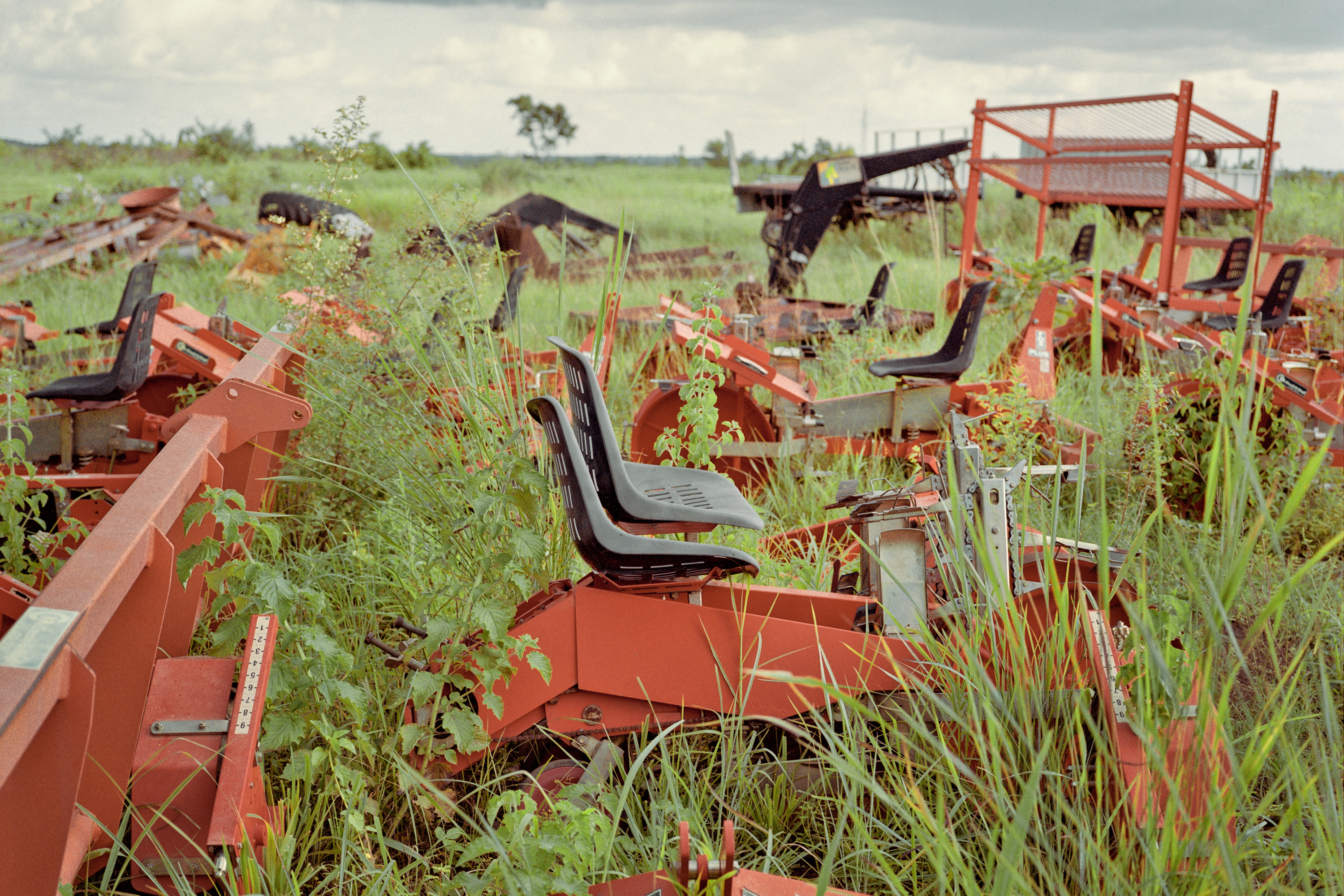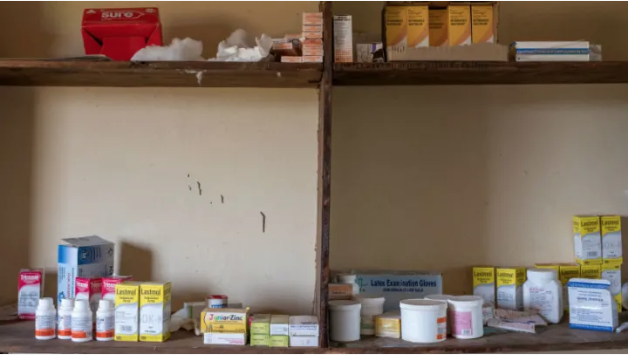
View the original version of this story at Devex
WAJIR, Kenya — The village of Boji-Heri is about 40 km south of Wajir, in northeastern Kenya, along the dirt road to Garissa. Most of the village’s structures are huts built of sticks and thatch, with an occasional corrugated iron sheet shop in between. A dusty path meanders between the huts and opens to the compound of a local school on the right, and a small hospital and medical dispensary a few hundred meters ahead. White goats graze leisurely on the sprouted grass on the patch outside the recently constructed Boji-Heri dispensary. The dispensary is locked, with no staff in sight. It’s been that way for weeks, a local goatherd explains.
When they saw a vehicle at the dispensary Amina Kassim and two other women, each with children strapped on their backs, rushed over to it. Kassim, a 24-year old mother of five, and the two other mothers hoped the presence of the car meant they might be able to get food supplements for their babies from the dispensary. Instead, they found Devex reporters.
“I was registered when I was pregnant, and after delivering I continued receiving the porridge flour,” Kassim said.
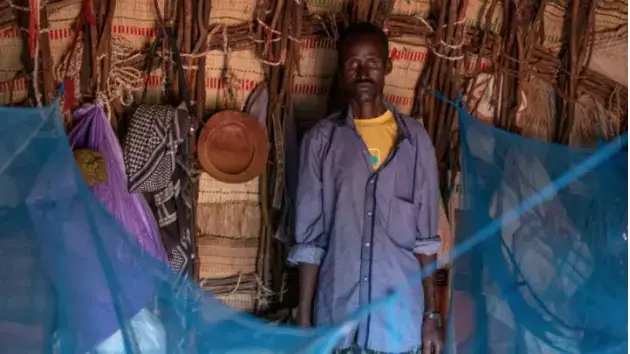
Devex visited the dispensary in May 2018. Food supplements there had not been issued since the previous month — and even then, they ran out before Kassim — and many others — could get any, she said. The supplements were supposed to be distributed every two weeks, but the nurse had resigned, and Wajir County had yet to find a replacement. Devex followed up last month with Nurdin Elmoge, a journalist based in Wajir, who said the situation has not improved.
UNICEF was coordinating the food supplement deliveries at the dispensary in Boji-Heri, a major effort as Wajir County is an arid area that is among Kenya’s most food insecure. This already difficult task was being further complicated by concerns about terrorism and security, causing people in key positions to resign.
In February 2018, three teachers at Qarsa primary school, located a few kilometers away from the border with Somalia in Wajir County, were murdered by al-Shabab militants while in their houses at night. Following the incident, many teachers and other national government employees left in fear of similar attacks. County government employees from other parts of the country followed. Health workers including nurses and medical officers also resigned in large numbers, crippling service provision in Wajir, Garissa, and Mandera counties.
Wajir County has an estimated population of 852,963, living in an area that covers nearly 10 percent of Kenya’s land mass. The main economic activity in Wajir, like most parts of northern Kenya, is rearing livestock.
A survey carried out in 2017 by the Wajir County government, UNICEF, World Vision, and Save the Children found nutrition outcomes in Wajir had deteriorated significantly. According to the survey, 16 percent of children aged 5 and under were acutely malnourished. It also found that the stunting rate for the same group was 12 percent and 7.5 percent, respectively, in areas where agropastoralism and pastoralism are practiced. Nine percent of women of reproductive age were also found to be malnourished.
“In order to curb this, we had two interventions during the drought season. One was a cash transfer program and the other was nutrition, which is provided every two weeks to the registered mothers,” said Adam Hassan, deputy director of health care services in Wajir.
Given the wide geographic area, the nutrition supplement project took two approaches. The first relied on nurses in various health facilities across the county distributing supplements — aided by the fact that the county has rapidly scaled up these facilities and personnel in the last five years, according to Dahir Sumow, director of medical services in Wajir County.
The second approach was to utilize support from organizations such as the Kenya Red Cross Society and Save the Children in distributing food supplements to places without facilities.
Resignations due to insecurity made the first approach increasingly difficult.
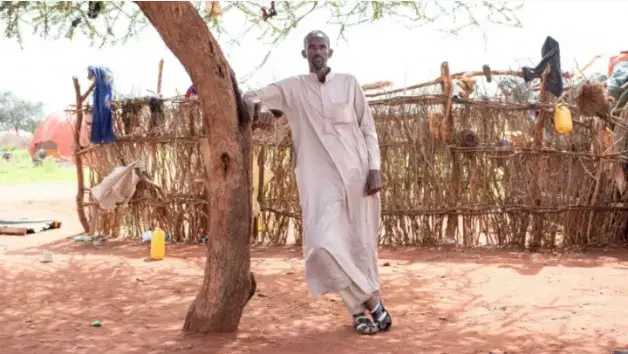
Turnover of health workers has affected not only the food supplements distribution, but also the health sector in general in Wajir County, according to Sumow. Settlements including Gerille, Tarbaj, and Eldas all face serious security challenges, said Dr. Mohamed Abdirahman Ahmed, chief officer for health in Wajir County.
According to Hassan, community health workers had also been trained to distribute the supplements. However, the locked facility at Boji-Heri, and reports that supplements had not arrived, seemed to suggest this was not enough to provide local mothers with adequate assistance.
Hassan Roble, a community health worker at Boji-Heri village, is a trained volunteer. He has experience issuing vaccines and food supplements. However, he said he has to wait for organizations such as Save the Children and Kenya Red Cross, which he accompanies to remote places, before he can search for recipients. Roble is aware food supplements are under lock and key at the Boji-Heri dispensary, but he said he doesn’t have the power to distribute them.
“We have to wait until they send a nurse here so that we can distribute the supplements,” Roble said.
Read Part 1 of the series: No answer: Kenya’s gender-based violence hotline fails to connect and learn more about What Went Wrong? here.
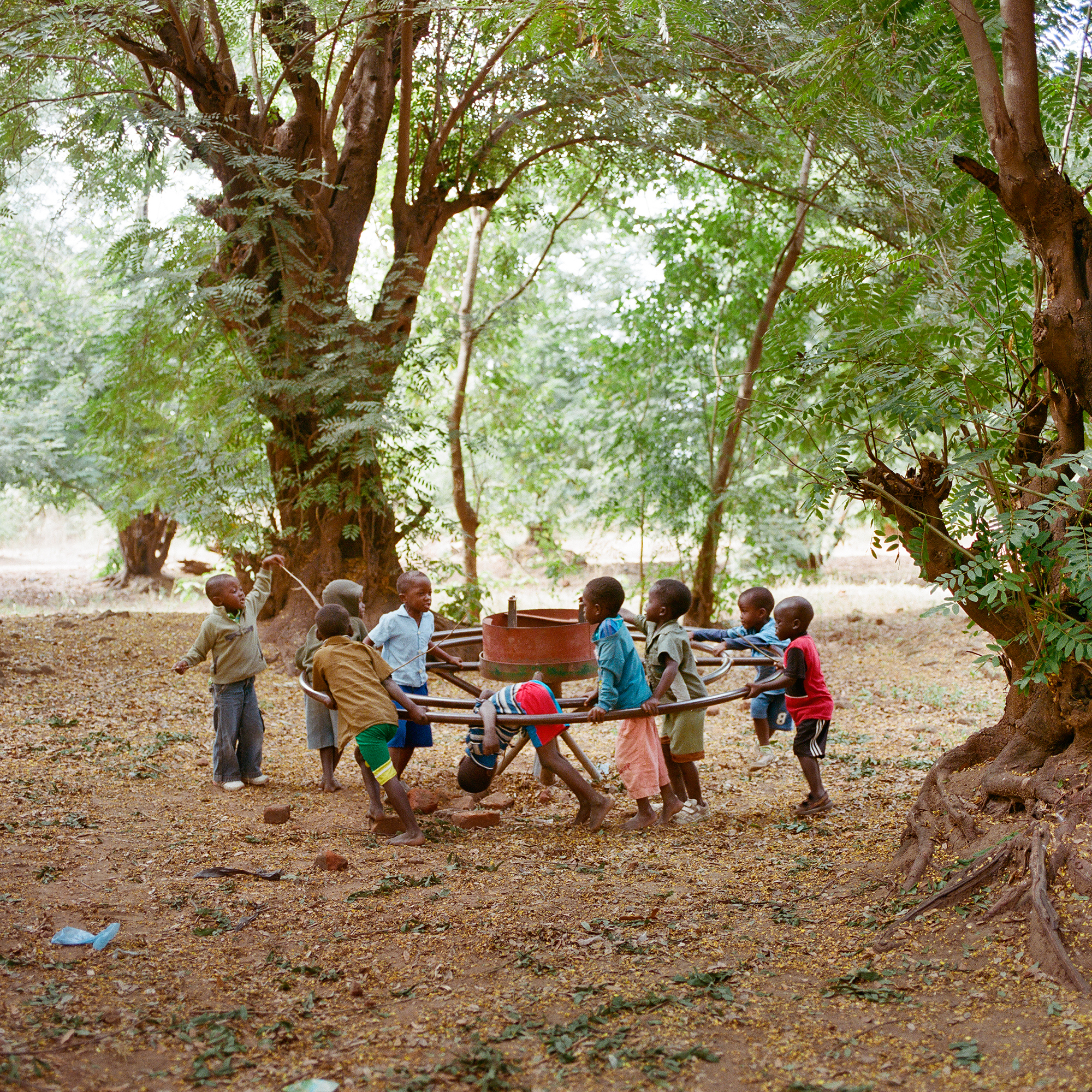
Education Resource
Meet the Journalist: Peter DiCampo
"What Went Wrong?" is a citizen journalism project that focuses a critical lens on failed foreign...



